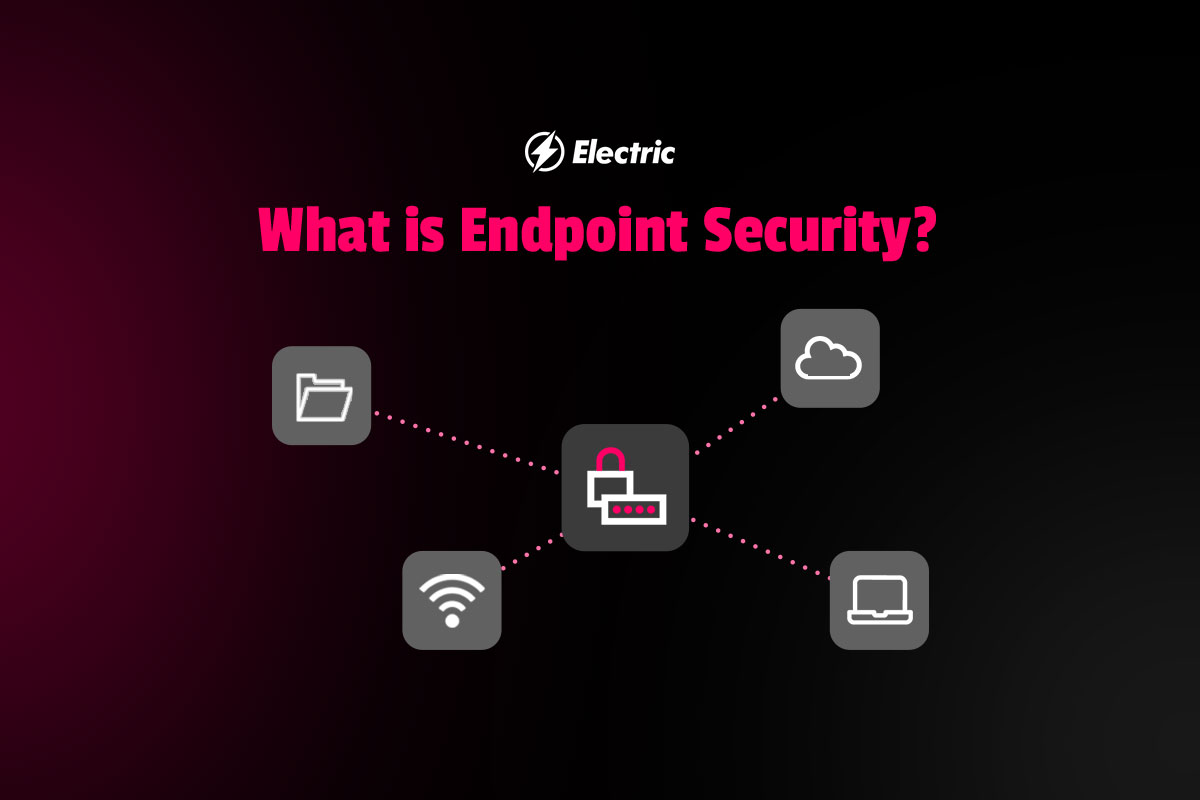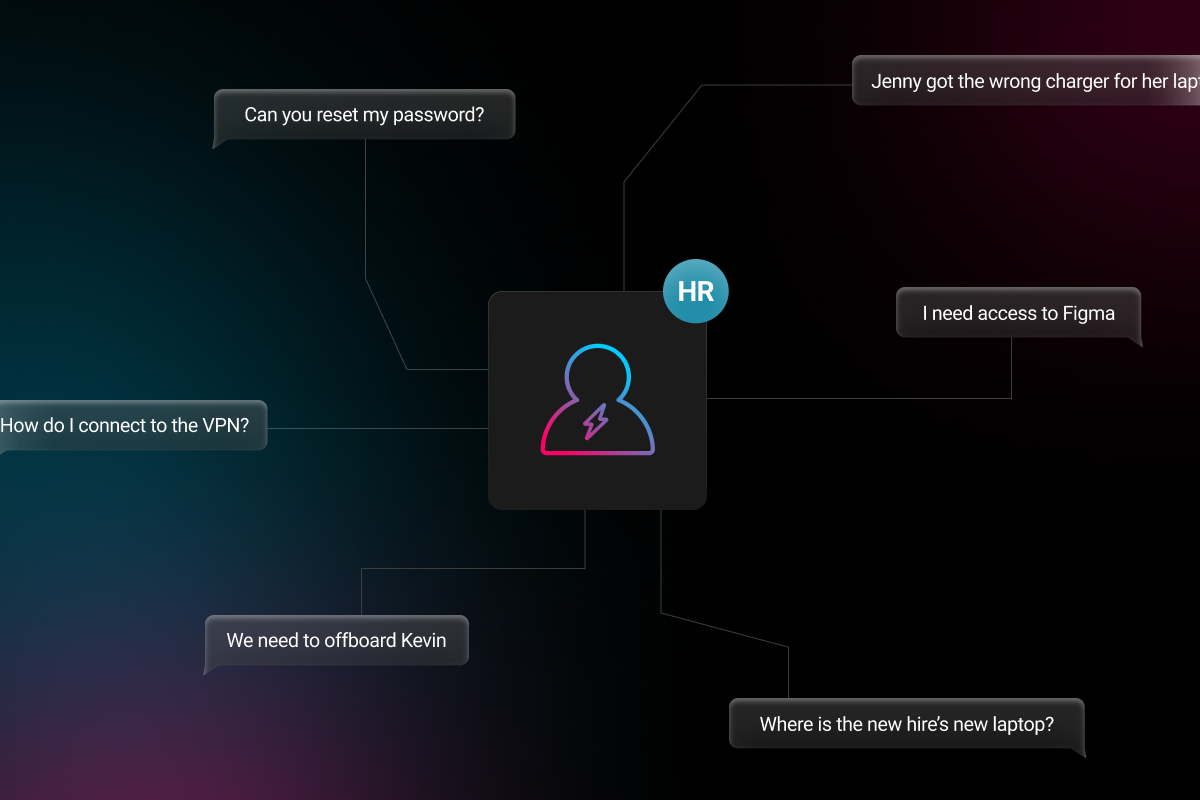
Before laptops and smartphones made their way into the office, companies essentially had to worry about only one type of device: the computers that were used within the office. And in the early 2000s, the rise of antivirus programs rose to help protect this single machine. Nowadays, employees are using all sorts of devices to do their jobs, especially as more businesses initiate bring your own device (BYOD) policies. Now, antivirus alone isn’t enough to combat all the different threats businesses will (almost) inevitably face.
What is Endpoint Security?
Endpoint security encompasses a variety of different tactics to protect your business’ network when accessed by remote devices. This includes workstations, laptops, tablets, phones, and any other devices you may use in the workplace; each of these presents another open risk to a company’s network. Depending on what your business’ cybersecurity needs are, endpoint security can also include firewalls, whitelisting, host-based intrusion detection system (HIDS), patching, logging and monitoring, and backup/recovery plans.
Why is Endpoint Security Important?
More data was breached than ever before in 2021, and it’s unlikely that cyber threats will subside any time soon. And, when you consider the volume of devices now connected to business networks, the level of threat becomes alarming. If enterprises are investing heavily to keep up, what does that mean for small and midsize businesses who don’t have the same resources?
Endpoint security is vital for SMBs to consider because the majority of cyber attacks target small businesses. Even one security breach could be what it takes to shut down your company. Additionally, many SMBs embrace BYOD, which only increases the number of endpoint vulnerabilities to worry about.
How to Secure an Endpoint
Here are five tips to get started if you’re trying to figure out how to secure an endpoint:
- Protect devices with antivirus software, multi-factor authentication, and firewalls.
- Monitor data and application access by employees. Regularly audit permissions and remove sensitive data from devices when not needed.
- Keep web browsers and extensions up to date with the latest security patches to help deter and prevent attacks.
- Don’t forget to secure IoT devices on your network, which often have default password settings that make them an easy target.
- Educate employees on cybersecurity best practices and conduct regular training on how to identify phishing emails, etc.
How to Choose an Endpoint Security Solution
The world of endpoint security solutions can be difficult to navigate because endpoint security is a pretty general term. Antivirus could be considered the grandfather of what endpoint security is today. And while it’s definitely a huge component to combating cyber threats, it’s now only a single layer of protection out of many. Many security software vendors may present their product as endpoint protection when it’s really just a single element of security. On the other hand, many of the top antivirus vendors also have their own endpoint security suites available.
The biggest advantage to endpoint security is its centralized management console. From a single console, your business can define your own policies, as well as create a hierarchy of access to certain information. Centralized security also means your system admin can oversee and manage all the devices that have access to your corporate network, whether company-issued or not, and can keep track of any threat found on all devices. Some endpoint security solutions will allow your IT admin to remotely access a device to solve any issues, too.
So when it comes to finding the right endpoint security solution for your business, it’s important to consider your security goals. Evaluate your company needs: do you need a way to keep track of all the BYO devices in the workplace? Is the security of smartphones a huge concern? Do you want the ability to remotely wipe devices in the event they are lost or stolen? Or maybe you need a way to ensure every device is following organizational standards and policies. Whatever it is, assess your needs so you find the right software for your business.
Secure Your Business’s Endpoints with an Endpoint Security Service
SMBs may feel helpless because they lack the budget and resources to keep up with their cybersecurity measures. But don’t fret! Many cybersecurity companies offer affordable endpoint security services that are specifically designed for small and mid-market businesses. As always, go over your organizational concerns, needs, and budget before choosing a vendor.
As for resources, that’s where Electric comes in. Our entire company is focused on IT, and we’ve positioned ourselves at the forefront of the industry. Our mission is to make sure your business is set up for success, and that includes shaping a strong foundation of security with proactive recommendations and recommended security vendors. To learn more about partnering your organization with a best-in-class endpoint security service, Schedule a Demo Today.



